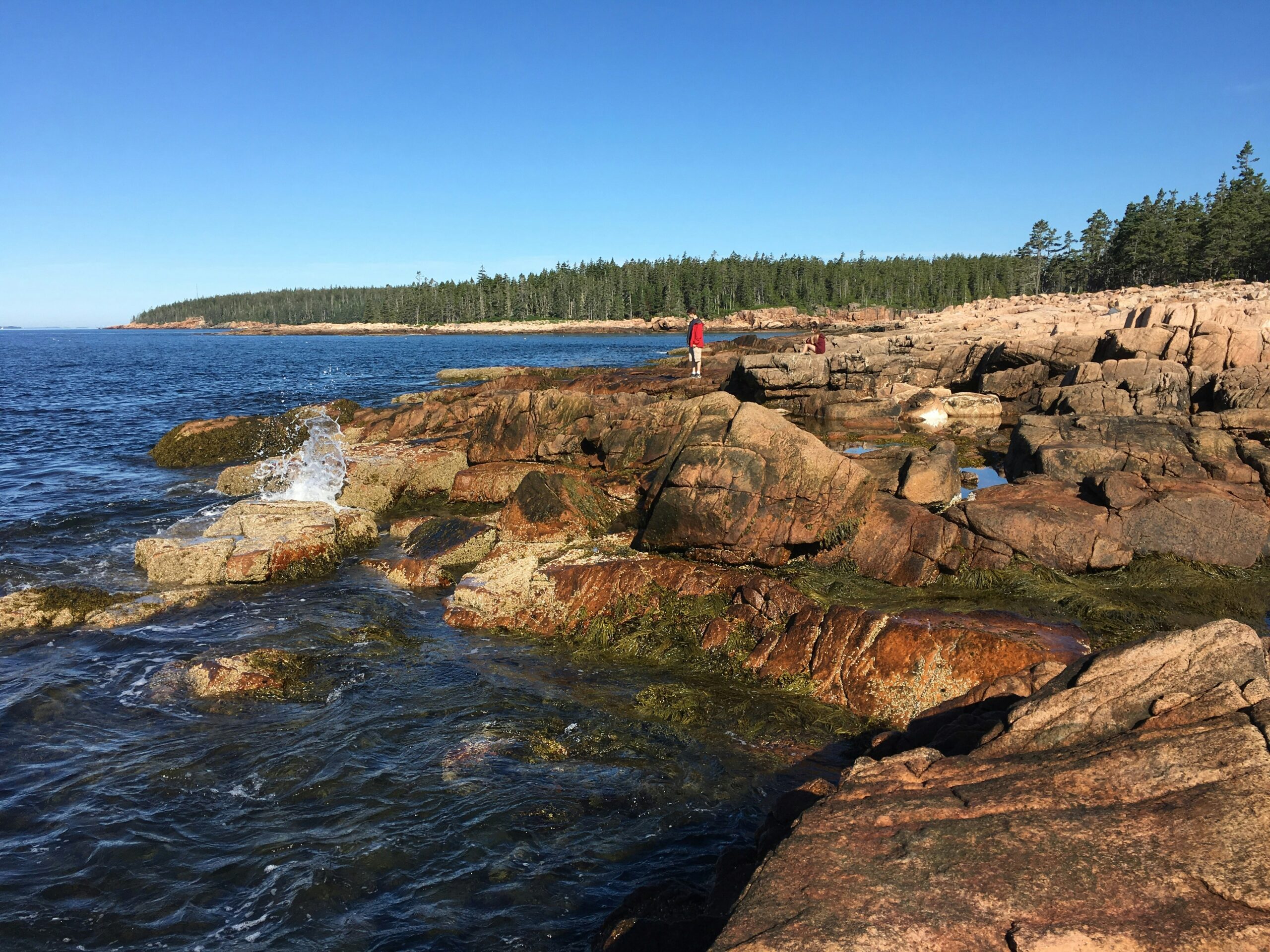
Policy Update
Maine Enacts Bipartisan Bill to Help Wabanaki Nations Exercise Inherent Right to Self-Govern
May 30, 2024
Overview
On April 23, Maine enacted LD 2007 with broad bipartisan support. The bill makes substantial changes to the Maine Indian Claims Settlement Act (MICSA) to help Wabanaki Nations (Passamaquoddy Tribe, Penobscot Nation, Mi’kmaq Nation, and Houlton Band of Maliseet Indians) in Maine exercise their inherent right to self-govern. This allows the Wabanaki Nations to join the 570 other federally recognized tribes in the United States who are able to exercise this right under Federal Indian Law. The bill will implement many of the 22 consensus recommendations reached by a bipartisan task force that reviewed MICSA’s effectiveness, including tribal court jurisdiction; hunting, fishing, and natural resource regulation on tribal land; taxation authority; and trust land acquisition.
- Impacts on State/Tribal Relations: When Tribal Nations are able to exercise their right to self-govern and access federal resources, their ability to manage natural resources for conservation and climate benefits expands. LD 2007 may open up opportunities for the Wabanaki Nations to pursue pathways to acquire and conserve reservation and trust lands without the consent of local and state governments.
Historical Context for LD 2007
Historically, Tribal Nations in Maine have had limited access to federal funding and programs ]due in part to the ratification of the federal MICSA and the state Maine Implementing Act (MIA), collectively known as the 1980 Settlement Acts. According to the Wabanaki Alliance, the Settlement Acts were used by the state of Maine to restrict the Wabanaki Nations’ inherent right to self-govern by encouraging the state of Maine to treat tribes like municipalities. Since tribes are eligible for federal funding and other programs that municipalities are not, the Settlement Acts were used to diminish tribes’ ability to thrive and pursue economic development opportunities.
- Why LD 2007 Matters: When tribes are able to exercise their inherent right to self-govern, it benefits everyone. A 2022 report by the Harvard Project on American Indian Economic Development estimates that restoring self-governance capabilities for the Wabanaki Nations would create over 2,700 jobs, with nearly 90% available to the tribes’ neighbors in rural Maine. Maine’s GDP is also estimated to grow by $330 million annually due to projected economic development in Aroostook, Penobscot, and Washington counties.
Key Provisions of LD 2007
- Expansion of Tribal Court Jurisdiction: The bill enables the Passamaquoddy Tribe and Penobscot Nation to expand powers for their respective Tribal courts; and allows for the creation of tribal courts for the Houlton Band of Maliseet Indians and Mi’kmaq Nation.
- Drinking Water Regulation: Recognizes the exclusive authority of the Penobscot Nation to regulate drinking water as is the case for the Passamaquoddy Tribe, whose authority was gained through legislation in 2022.
- The Penobscot Nation now has the ability to be treated as a state in order to obtain primary enforcement authority from the U.S. EPA to implement the federal Safe Drinking Water Act within Penobscot territory.
Other State Action
Washington H.B.2233 allows Tribal governments to end state interference in Tribal court jurisdiction. Many states still claim jurisdiction over Tribal citizens and lands set by now-denounced efforts to renege on treaties and forcibly assimilate Tribes.
Additional Resources
- Learn more State/Tribal relations from NCEL’s State and Tribal Relations Fact Sheet
- Learn more about LD 2007 from the Wabanaki Alliance’s LD 2007 FAQ
LD 2007 is sponsored by Maine House Speaker Rachel Talbot Ross and co-sponsored by a bipartisan group of more than 100 legislators, including Senate President Troy Jackson and House Minority Leader Billy Bob Faulkingham.